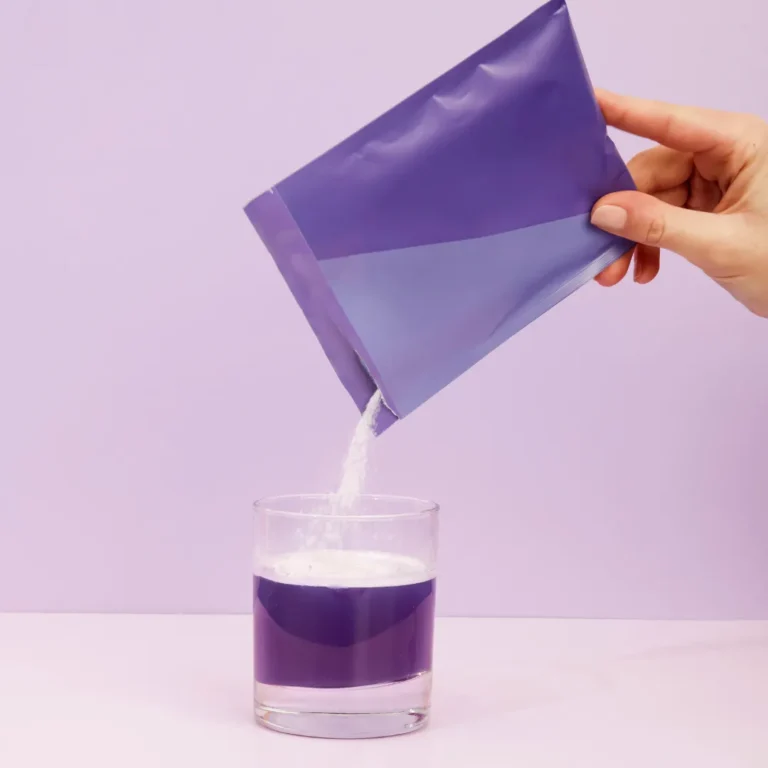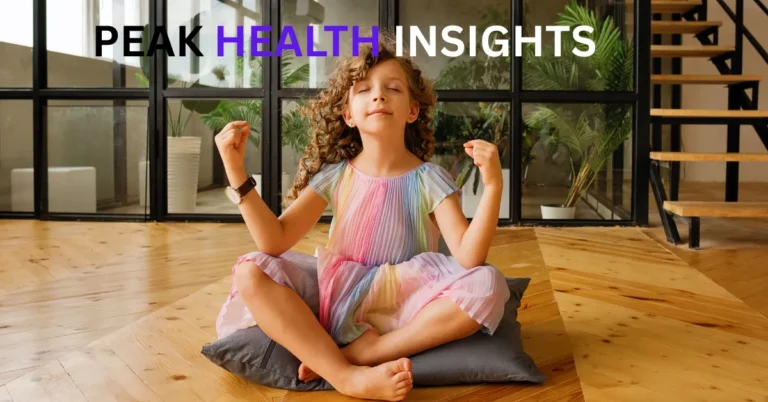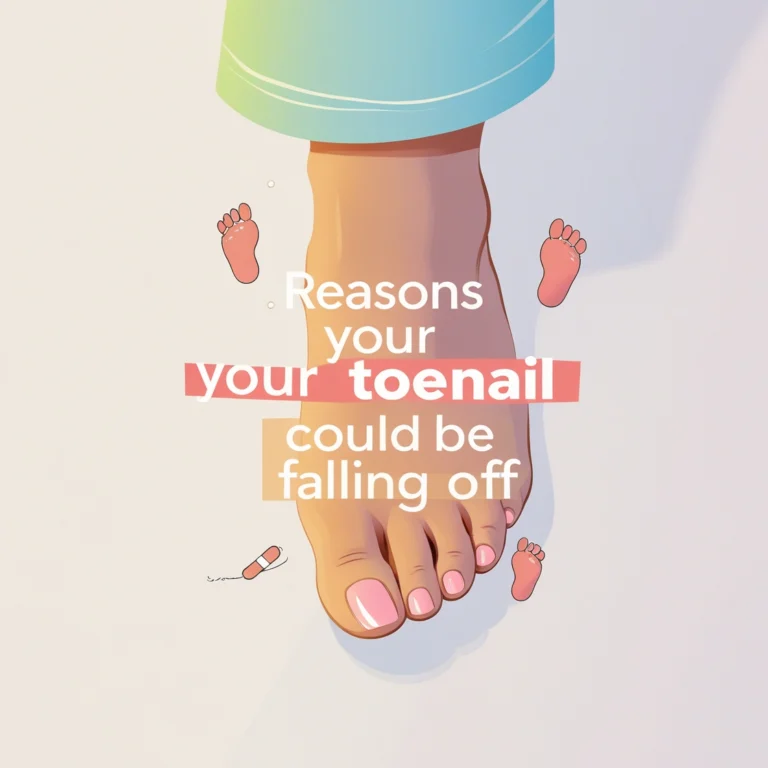Healthy Skin: Tips for a Radiant Glow
Healthy Skin: Tips for a Radiant Glow Don’t have time for intensive skin care? You can still pamper yourself. Basic skin care and healthy lifestyle choices can help prevent early aging and other skin issues. Get started with these five tips.
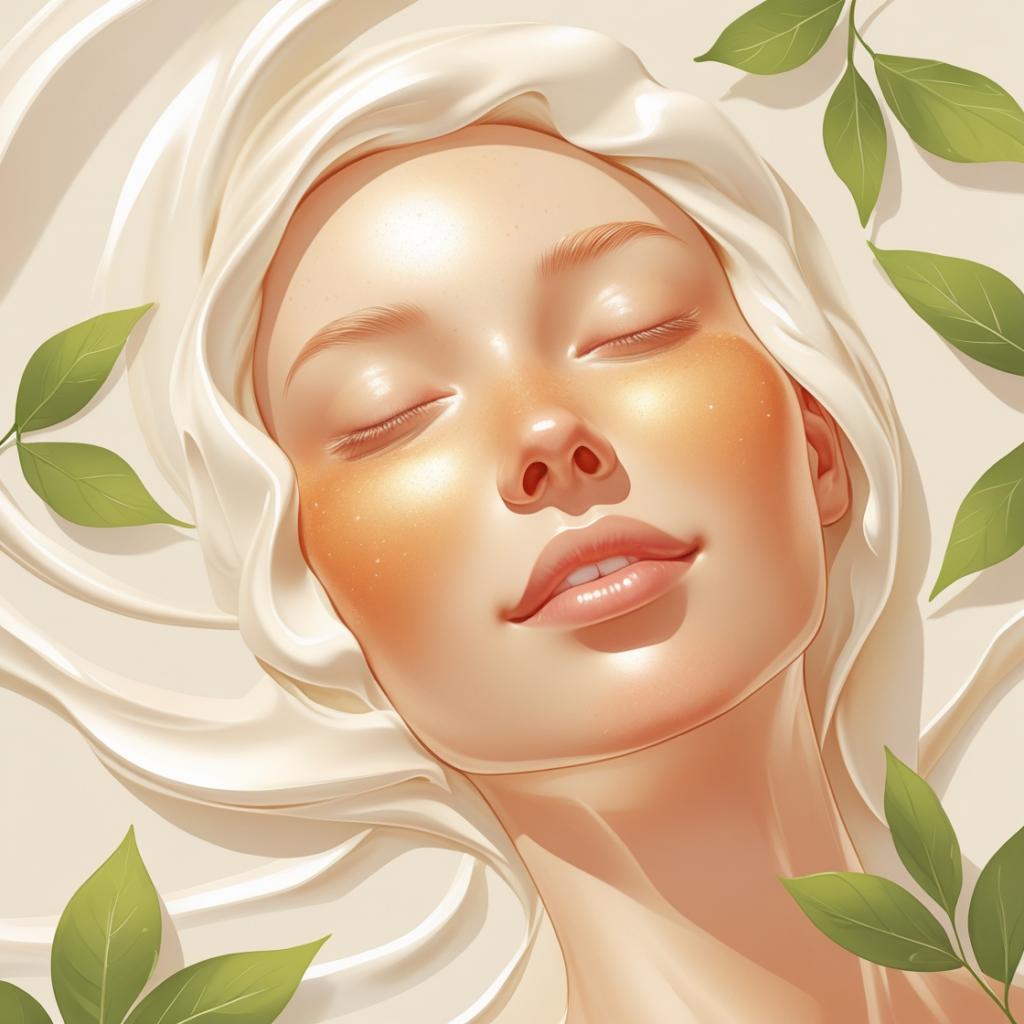
1. Protect Yourself from the Sun: Essential Tips
One of the most important ways to take care of your skin is to protect it from the sun. A lifetime of sun exposure can cause wrinkles, age spots, and other skin problems. It also can raise the risk of skin cancer.
For the most complete sun protection:
- Use sunscreen. Use a palm-sized amount of broad-spectrum sunscreen with an SPF of at least 30. Put on more sunscreen every two hours or more often if you swim or sweat.
- Seek shade. Try to stay out of the sun between 10 a.m. and 4 p.m. That’s when the sun’s ultraviolet (UV) rays are strongest.
- Wear protective clothing. Cover your skin with tightly woven long-sleeved shirts, long pants, and wide-brimmed hats. Clothes with dark colors tend to give more protection than do those with light colors. Some sun-protective clothing is made to block UV rays. You also can use laundry additives that give clothing an extra layer of UV protection for a certain number of washings.
2. Don’t Smoke: Tips for a Healthier Life
Smoking makes skin look older and plays a part in wrinkles forming. Smoking narrows the tiny blood vessels in the outermost layers of skin. This lessens blood flow and makes skin duller. It also depletes the skin of oxygen and nutrients that are key for skin health.
Smoking damages fibers called collagen and elastin that give skin strength and suppleness. What’s more, the facial expressions that people make over and over while smoking can play a role in wrinkles. These expressions include pursing the lips when breathing smoke in and squinting the eyes to keep out smoke.
Smoking also raises the risk of squamous cell skin cancer, especially on the lips. If you smoke, the best way to protect your skin is to quit. Ask your healthcare professional for tips or treatments to help you stop smoking.
3. Treat Your Skin Gently: Simple Care Tips
Daily cleansing and shaving can be rough on your skin. Follow these tips for gentle skin care:
- Limit bath time. Some experts say it’s ideal to bathe for no longer than five minutes at a time. Use warm water rather than hot water.
- Don’t use strong soaps. Strong soaps and detergents can strip oil from the skin. Choose mild cleansers instead.
- Shave carefully. It’s ideal to shave after bathing when your skin is moist. To help protect your skin, put on shaving cream, lotion, or gel before you start shaving. Use a clean, sharp razor. Shave in the direction the hair grows, not against it. And rinse the razor after each stroke of the blade.
- Pat dry. After you wash or bathe, gently pat or blot your skin dry with a towel. That way, some moisture stays on your skin.
- Moisturize dry skin. If your skin is dry, use a moisturizer that fits your skin type. For daily use, try a moisturizer that contains SPF to help protect your skin from the sun.
4. Eat a Healthy Diet: Fuel Your Body Right
A balanced diet can help you look and feel your best. Eat plenty of fruits, vegetables, whole grains, and lean proteins. Fresh fruits and vegetables may be especially helpful at preventing damage that can lead to early skin aging. Drink plenty of water to help keep your skin hydrated too. Limit foods and drinks with added sugar, processed snacks, and other refined carbohydrates. Some studies suggest that a diet high in refined carbs stripped of nutrition can speed up aging.
The connection between diet and acne isn’t clear. But some research links acne with drinking lots of milk or eating lots of processed foods that raise blood sugar quickly. Limited research suggests that nutrients such as fiber and omega-3 fats show promise at helping control acne. But more studies are needed to be sure.
5. Manage Stress: Simple Tips for a Calmer Life
Too much stress can make skin more sensitive and trigger acne breakouts and other skin conditions.
To boost your chances for healthy skin and a healthy state of mind, take some steps to manage your stress:
- Get enough sleep.
- Add more movement into your day, such as taking a brisk walk.
- Scale back your to-do list.
- Try meditation or yoga.
- Make time to do the things you enjoy and see the people you care about.
What is skin made of?
Like all organs in your body, skin is made of different types of cells. Cells are the smallest building blocks of life. Your body is made of trillions of cells. Cells are very small – much smaller than a grain of rice. To better understand how tiny cells are, click here and drag the scroll bar to the right.
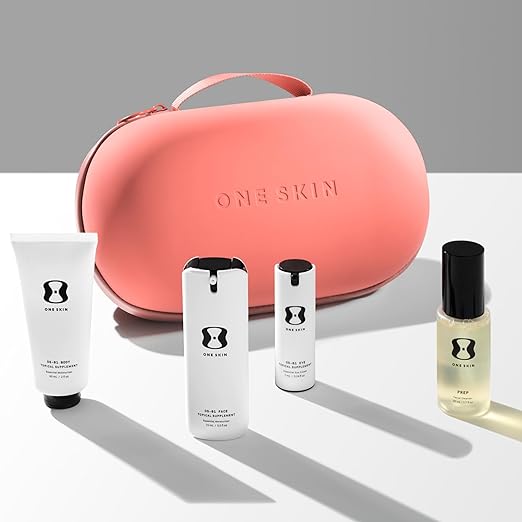
Skin is organized into three main layers:
- The epidermis (eh-puh-DUR-muhs) is the part of the skin you can see. At the bottom of the epidermis, where you can’t see, new skin cells are forming to replace old ones that flake off.
- The dermis (DUR-muhs) is the next layer down, hidden under your epidermis. This layer of skin has blood vessels, nerve endings, and oil and sweat glands.
- The hypodermis (hai-pow-DUR-muhs) is the deepest layer of skin. It helps you store energy and connects your skin to your muscles and bones.
What happens when skin gets hurt?
If something sharp, rough, or very hot touches your skin, you might get a cut, scrape, burn, or other injury. The good news is that your body knows how to respond to injuries. It sends special blood cells called platelets (PLAYT-luhts) to the damaged area. The blood cells stick together to make a clot, which covers the injury like a natural bandage.
As the body sends more blood cells and new skin cells to the injury, the clot keeps them from flowing out. When the clot dries out, it’s called a scab. Scabs are really helpful! They keep germs out and keep your injury covered as the skin heals.
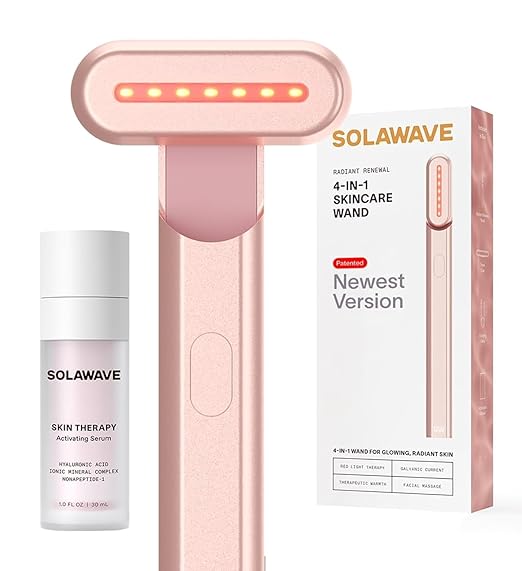
Did You Know?
People who tan in the sun do so because sunlight causes the skin to produce more melanin and darken. As old skin cells die and new ones replace them, the tan fades.
Activity
Place a thermometer outside in the sun for 10 minutes where there is no shade. Place another thermometer in a shaded area, such as under a tree, for 10 minutes. Record the temperatures in both places and compare them. Why is it important to think about high-heat situations and the importance of shade, cooling stations, applying sunscreen, wearing protective clothing like hats, and staying hydrated?
Take care of skin injuries so they can heal properly
If you get a cut or scratch, clean it right away with soap and warm water and put on a bandage to protect it while it heals. This keeps dirt and germs from getting into the wound and causing an infection.
Think you might have been stung by a bee or a wasp? Tell an adult right away. They can help figure out whether you can treat the sting at home or need to go to the doctor. If you get a bug bite, try not to scratch it. You could accidentally create a cut and damage your skin more!
If you get a minor burn – that turns red but does not blister – start by running it under cold water for 5 minutes. Cover the burn with a clean bandage and wash the area gently with soap and water.



